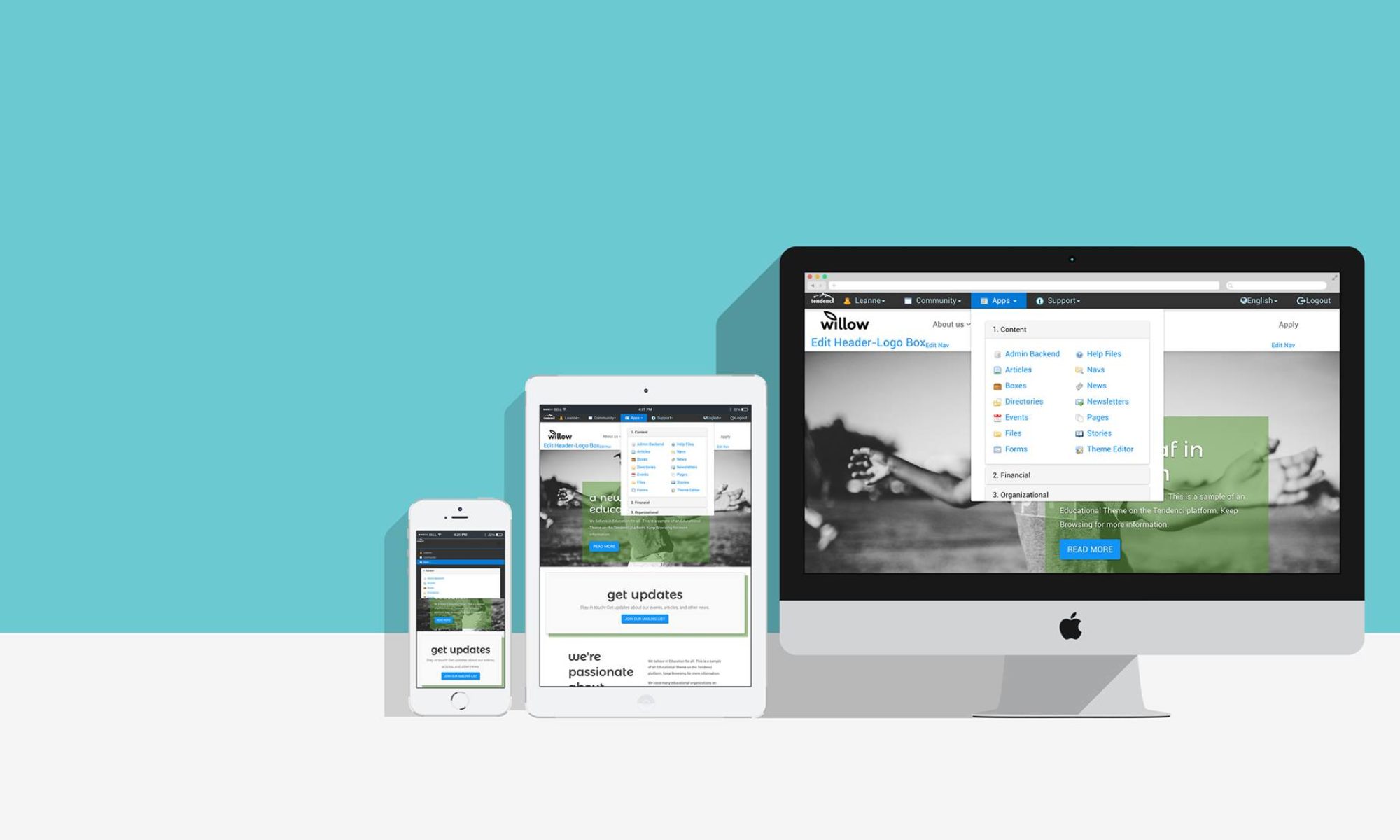In usual Facebook fashion, an array of features have been launched that change settings without warning and without your consent. While the features may seem impressive at the surface, you may not realize changes were made deep within your account.
Since these features were all introduced at once, many non-developers and the rest of us are asking, what do these changes mean? And how do we stay private online? In an attempt to understand these changes without the “developer jargon” the new features are listed below in plain English.
1) Liking Without Logging In
Arguably the biggest change to Facebook, actually isn’t found on Facebook.com, it’s found on a number of the most popular websites and possibly even you favorite. If you have visited a site like CNN.com lately, you have probably noticed the “recommend” button next to stories. (CNN opted to use the word “recommend” rather than “like”). This button automatically connects to your Facebook account without you even logging in, and displays your “liked” content on your wall. You only need to have logged into Facebook at sometime on that computer. The website will also show you how many of your friends “liked” the content as well.
![]()
2) Instant Personalization
The changes don’t stop there however; some websites will allow you to take this “liking” button even further and show you specific content based on the information on your Facebook profile. Yes, sites can now access your information to create a richer web experience for you. A feature that seems to drive the question, “how do I keep my information private online?”. Currently, three websites have this feature, Docs.com, Pandora.com, and Yelp.com. This feature can be turned off but, naturally, Facebook assumes you would like to opt-in by default. If you are interested in opting-out, check out the help file.
3) Sharing Your Interests
Perhaps the most misunderstood feature is that Facebook is now connecting users to pages based on their interests, likes and even education. This is also the most intruding change seeing how it can access your information even if it’s private. However, users will be prompted before hand to decide to opt-in, but many people don’t realize what they signed up for.
What does this all mean exactly? If a user has “Lost” under their favorite TV show, (even if that’s private info because you don’t want people knowing about your obsession) Facebook will automatically link you to the public “Lost” Page. This could potentially lead to some damaging or at least awkward situations depending on the kind of interests you have. One example would be if your boss who isn’t even your Facebook friend saw “making fun of your boss” under your interests.
Even though Facebook does prompt you first about accessing your interests, they decided to pre-select all of your likes, interests and education, which can be a real hassle to un-select specific content.
Take the time to research exactly how your information is being accessed and realize that its becoming increasingly difficult to keep “private” information truly private. If you would like to follow up with the information here, be sure to check out the articles about “Sharing Interests” and the guide to the Facebook updates.


Thanks, Chris: good stuff here. Melissa and I both read your post today. Keeping on course with Facebook and other emerging media tools can be a challenge, so we appreciate your (and Schipul's) helpful roadmaps and signposts, along the way!